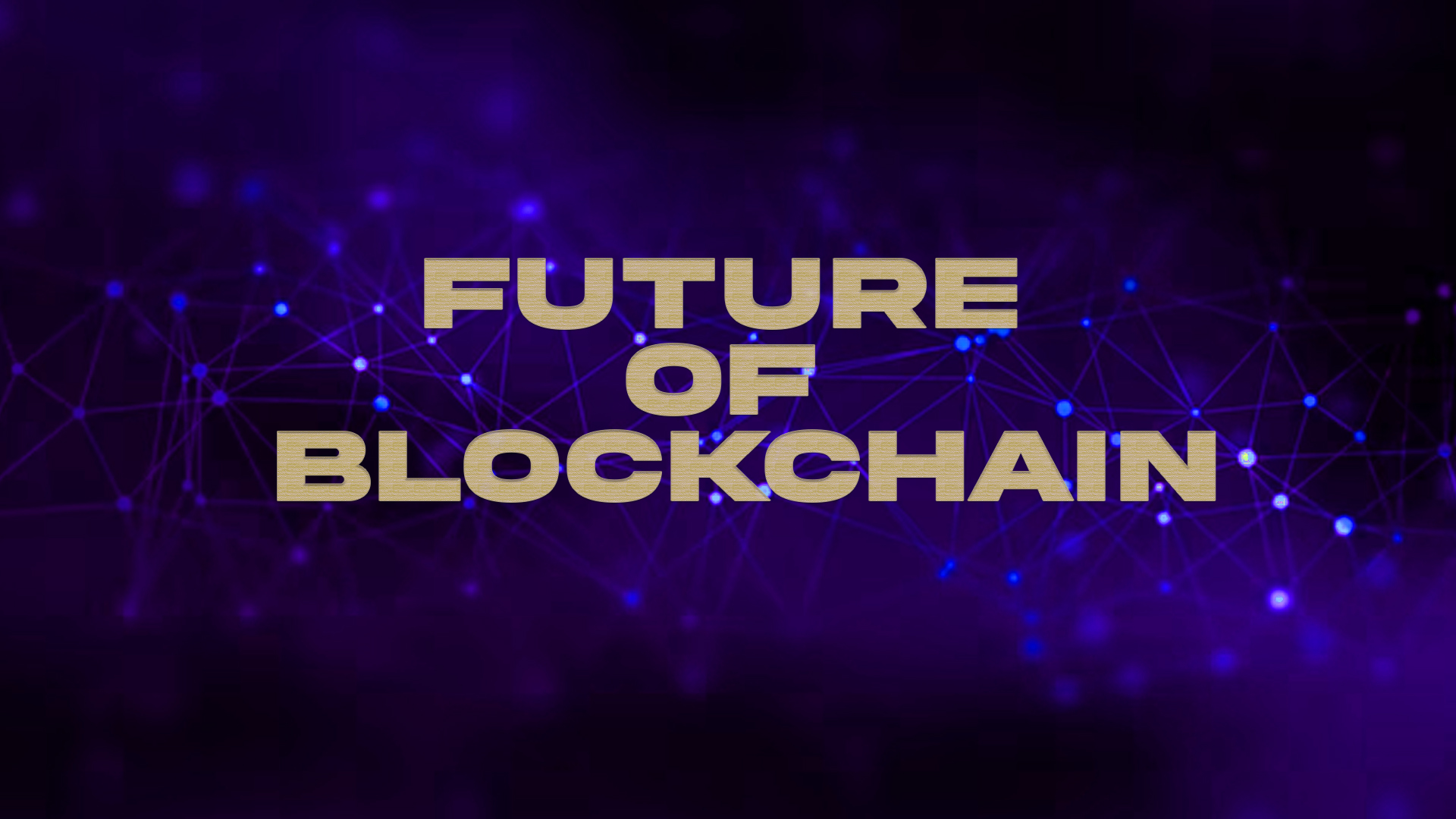- Learn about the evolution of blockchain from its beginnings as a coin to its current status as a revolutionary technology with a broad variety of uses.
- Benefits of Blockchain Recognise the main benefits of blockchain, such as efficiency, security, transparency, and immutability.
- Learn about the many companies and sectors using blockchain technologies to improve their processes and offerings.
Since its beginnings with the launch of Bitcoin in 2009, blockchain technology has completely transformed the digital environment. Beyond cryptocurrencies, blockchain technology has been widely adopted across other sectors due to its decentralised nature and security. This essay explores the potential of blockchain to transform current business structures and transform how we conduct transactions, and exchange data in the future.

Beyond Cryptocurrencies: Blockchain
Blockchain’s promise in other fields is sometimes overshadowed by its original relationship with cryptocurrency. But its fundamental characteristics, including decentralisation and immutability, are relevant to a wide range of sectors.
Supply Chain Management: Blockchain improves supply chain traceability and transparency, reducing fake goods, and simplifying logistics. Leading businesses are already integrating blockchain technology into their supply networks, like Walmart and Maersk.
Healthcare: Blockchain provides secure and interoperable health records that make it easy for patients and healthcare professionals to access and exchange information. By reducing medical mistakes, this technology can enhance patient care.

Blockchain Technology Advances
A number of developments are determining the future course of the blockchain ecosystem as it continues to develop.
Solutions for scalability: Blockchain networks have faced difficulties with high transaction costs and sluggish processing times. But strategies like Bitcoin’s Lightning Network and Ethereum’s transition to Ethereum 2.0 attempt to increase scalability and throughput.
Interoperability: As a result of this, the potential of various blockchain networks is typically limited. Polkadot and Cosmos are two interoperability protocols working to integrate the blockchain ecosystem and enable smooth network communication.
Decentralised finance (DeFi) and blockchain
One of the most important trends in the blockchain industry is the development of decentralised finance (DeFi).
Lending and Borrowing: DeFi platforms like Aave and Compound let users to borrow assets directly from one another or to lend their cryptocurrency in exchange for interest.
Decentralised Exchanges (DEXs): DEXs, such as Uniswap and SushiSwap, allow for peer-to-peer trading without the need of centralised middlemen, giving consumers greater control over their money.

The Internet of Things (IoT) and blockchain
The Internet of Things (IoT) and blockchain integration have enormous potential to revolutionise smart gadgets and how they communicate with one another.
Data Security and Privacy: By producing tamper-resistant records of data transactions, blockchain’s decentralised design can improve the security and privacy of IoT devices.
Automated Payments: By using blockchain-based smart contracts, IoT devices may transact with one another autonomously, making micropayments easier and opening up new revenue sources.
Concerns with Regulatory Issues and Challenges
Although blockchain technology has a bright future, there are still a number of issues to be solved.
Scalability: As blockchain use rises, scalability continues to be a major obstacle. To address the rising demand, consensus procedures and network improvements are crucial.
Regulatory Frameworks: The regulatory environment for cryptocurrencies and blockchain technology is continually changing. Regulations must be favourable and clear if the sector is to see long-term expansion and innovation.
Blockchain technology has a promising future, with potential uses in several industries. A paradigm shift in how people communicate, transact, and share data is something we should expect to see as technology develops and blockchain solutions become more scalable and effective. A decentralised and more equitable digital future will be possible if this transformational technology is adopted responsibly while resolving issues and regulatory concerns.
